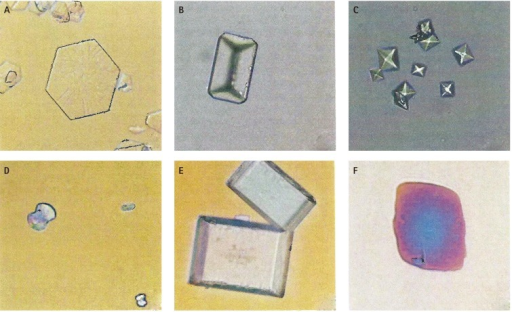Loyola Bioinformatics Research

I was very blessed and honored to be selected as a summer research intern for Loyola’s summer research program in urobiome data. The Loyola University Medical Center is nationally recognized as being highly ranked for nephrology and urology, and they are also recognized for their contributions in urinary research, making this summer experience incredibly valuable and educational as I learned from many inspiring and experienced leaders in the field.
In this program, I worked closely with Dr. Qunfeng Dong and Dr. Xiang Gao at Loyola University Chicago to develop a bioinformatics strategy for an NIH-funded project called “A Microbial Model for the Formation of Calcium Oxalate and Calcium Phosphate Stones.”
Previous research has shown that some bacteria are associated with kidney stones, and our team’s goal was to test the hypothesis that those bacteria may contribute to the formation of kidney stones, and if they do contribute to the formation of kidney stones, how do they do it?
Using data on bacterial genomes and their metabolic pathways, we utilized statistical methods and R to compare the data for stone-associated bacteria (collected from kidney stones) and non-stone associated bacteria (collected elsewhere in the urinary system). I mainly contributed to code creation, code optimization, code troubleshooting, stats work, Excel data management, and general research. Additionally, I assisted with all presentations and literature reviews.
Through this project, I gained additional experience and skills in: Research, Statistics, Excel, R, Bioinformatics, KEGG ORTHOLOGY DATABASE, NCBI tools, and genomic related technologies like genome assembly and annotation, Unix, communication, scientific literature research and review, scientific presentations, and teamwork.
Learn more about the Loyola Adventures in Urobiome Data Program
Special thanks to:
My LAUD Program mentors and my fellow research partner, Elise